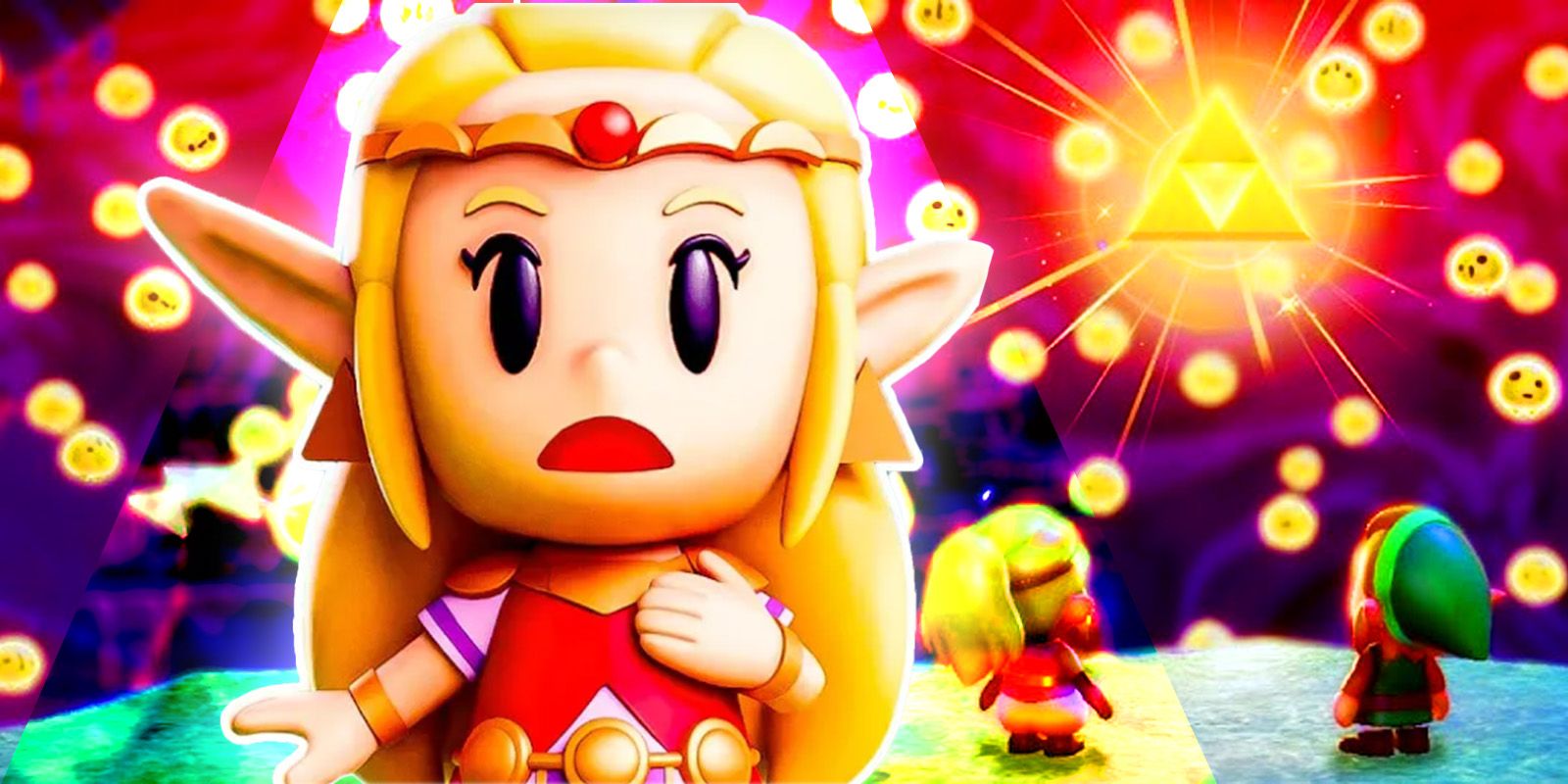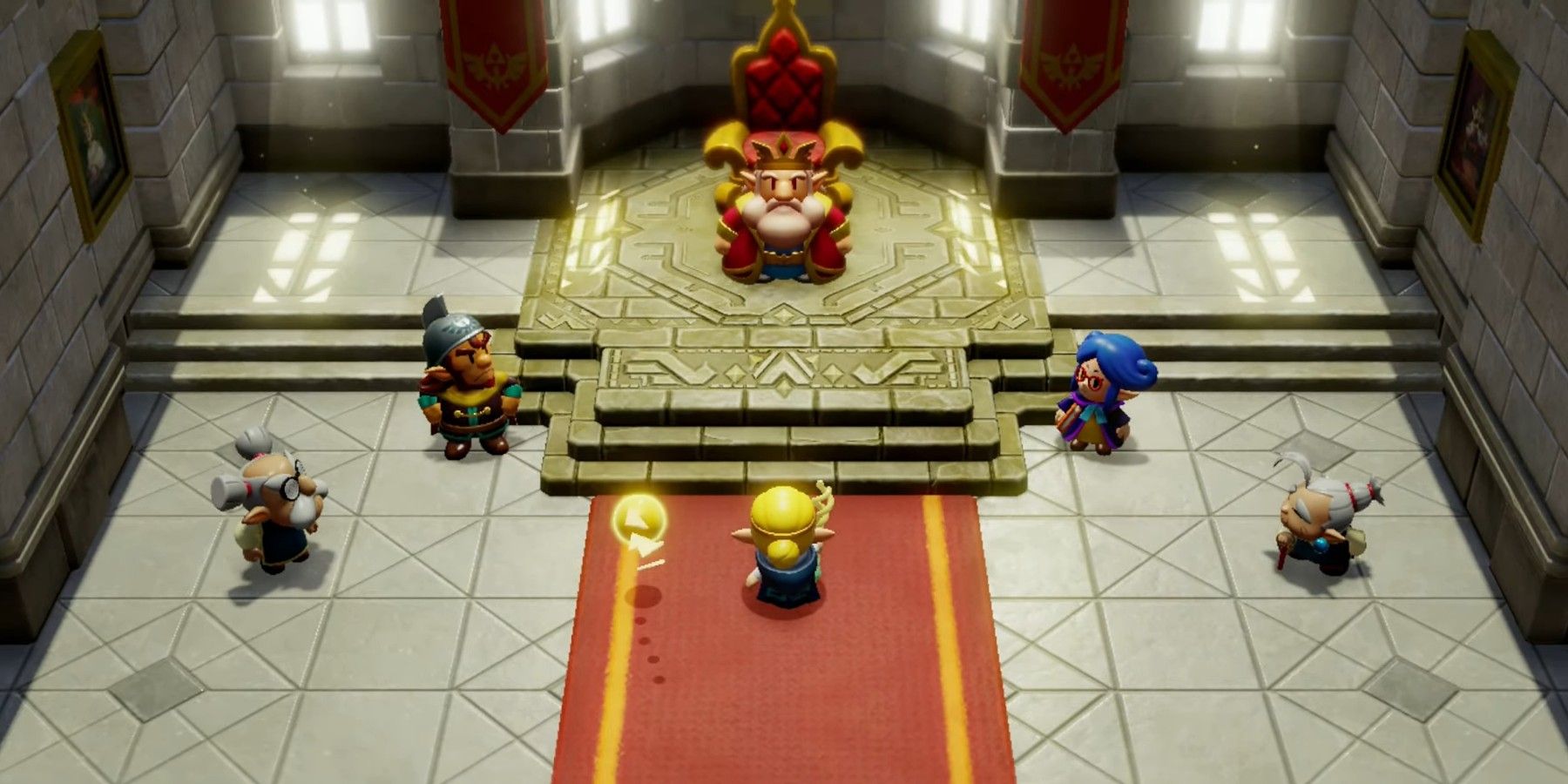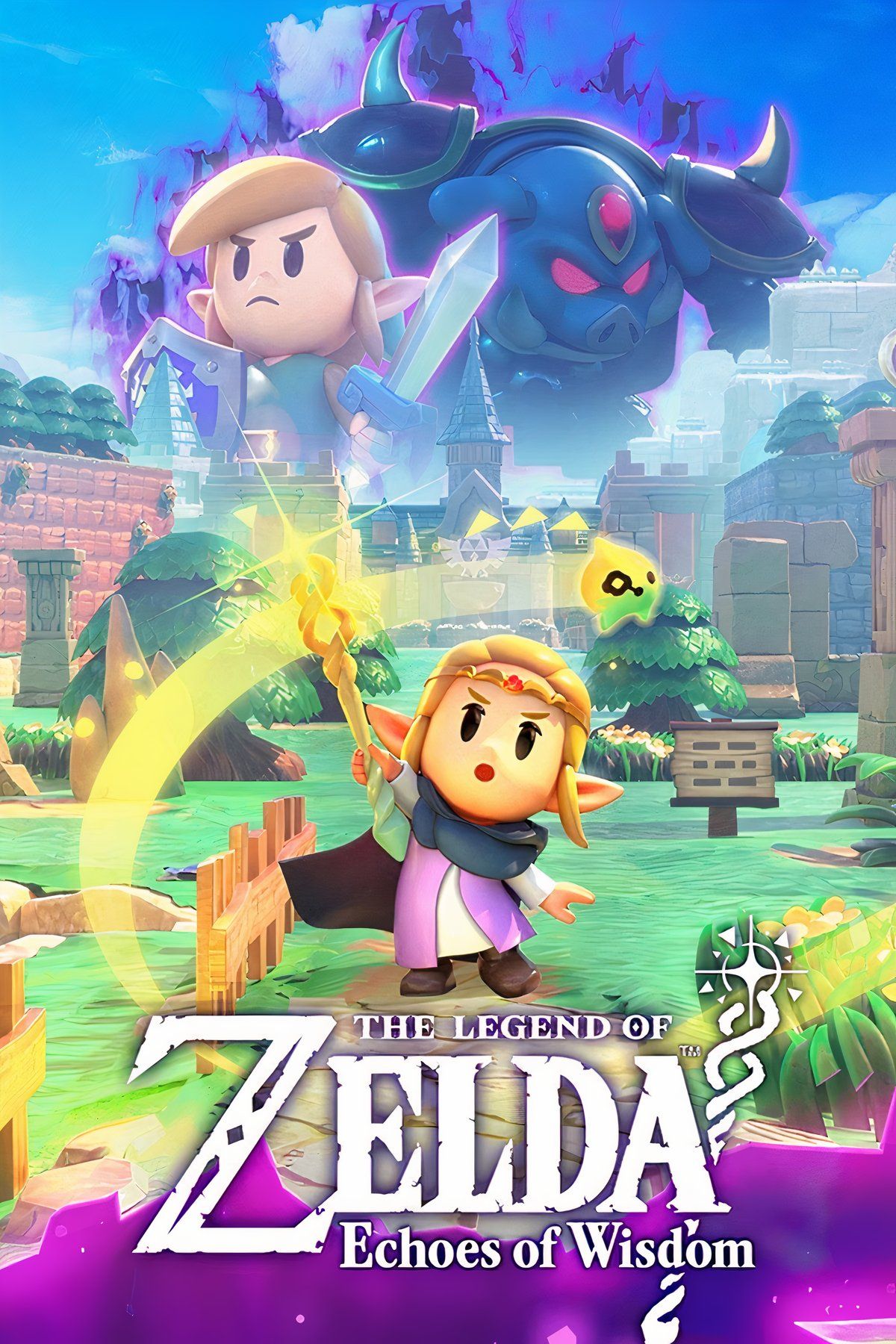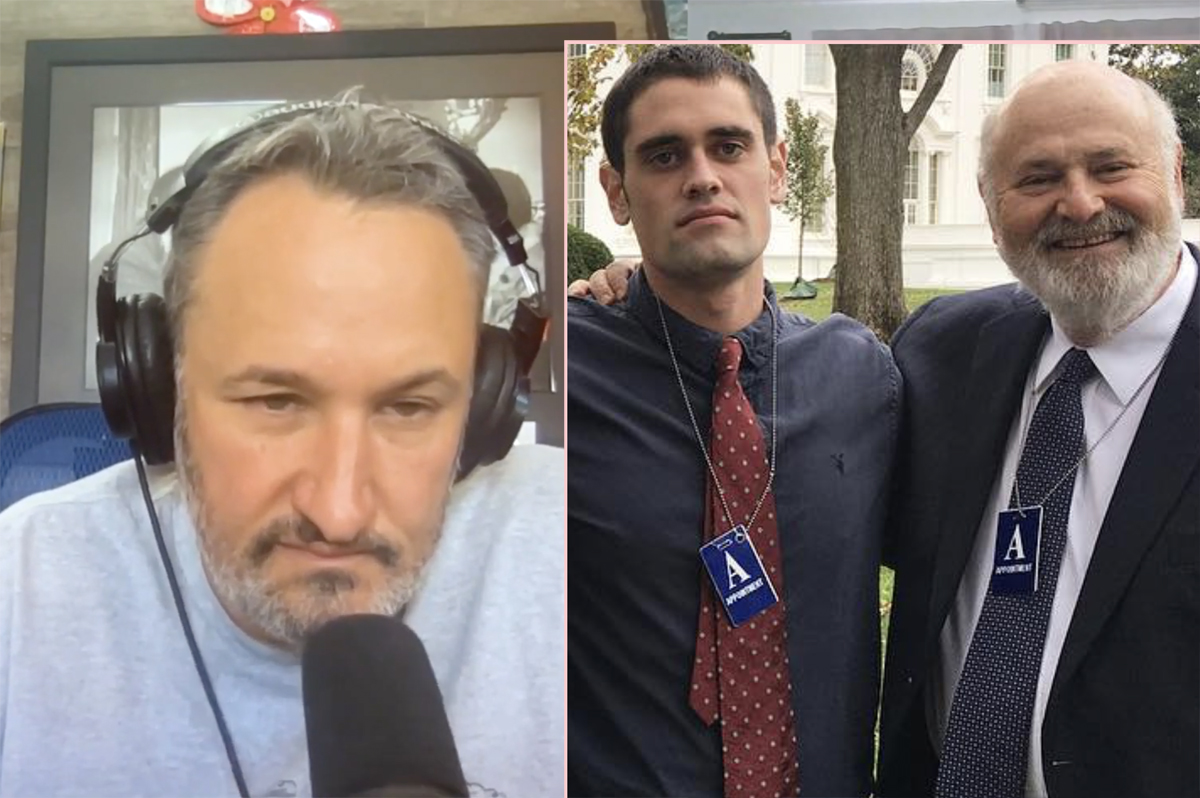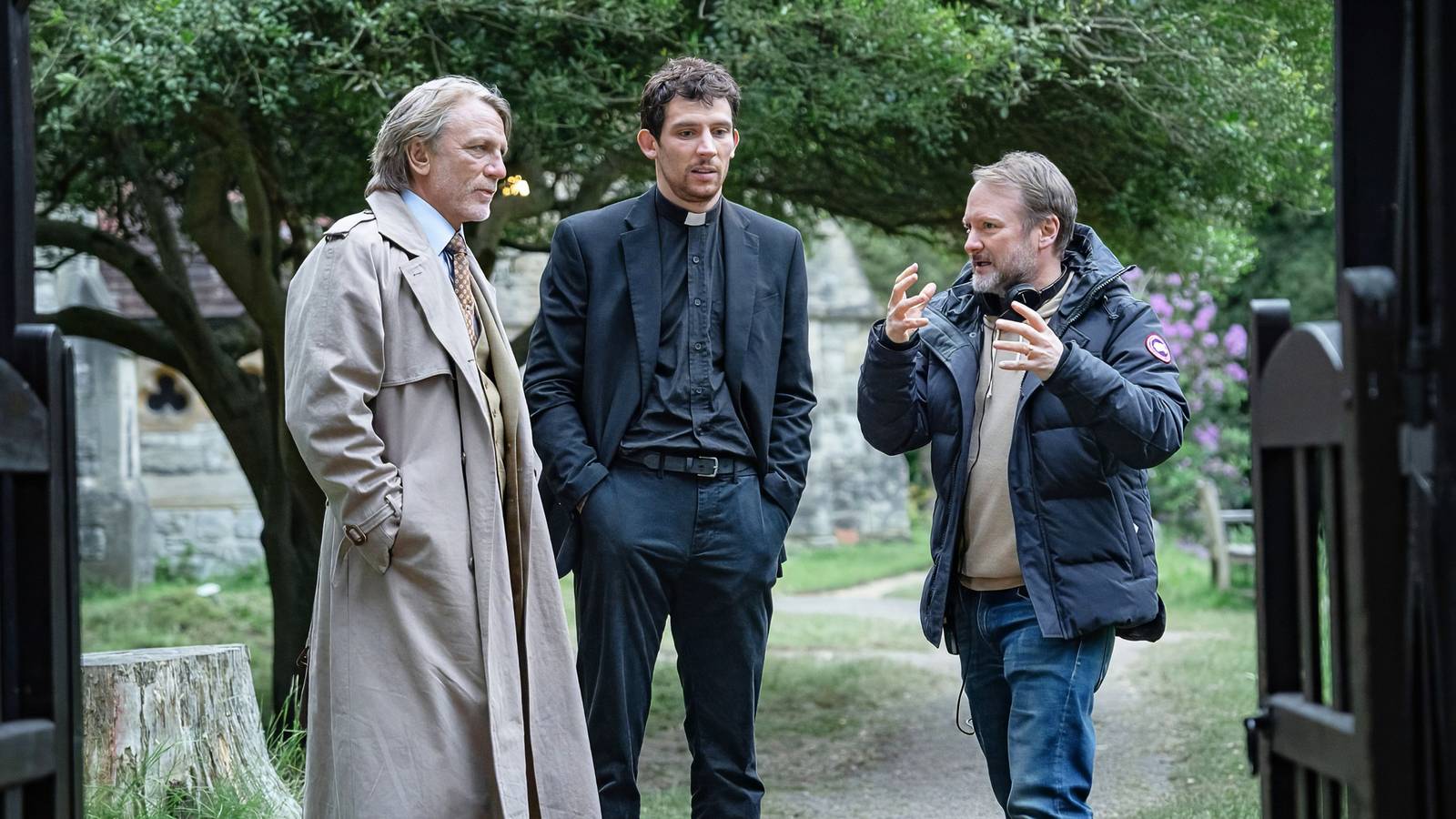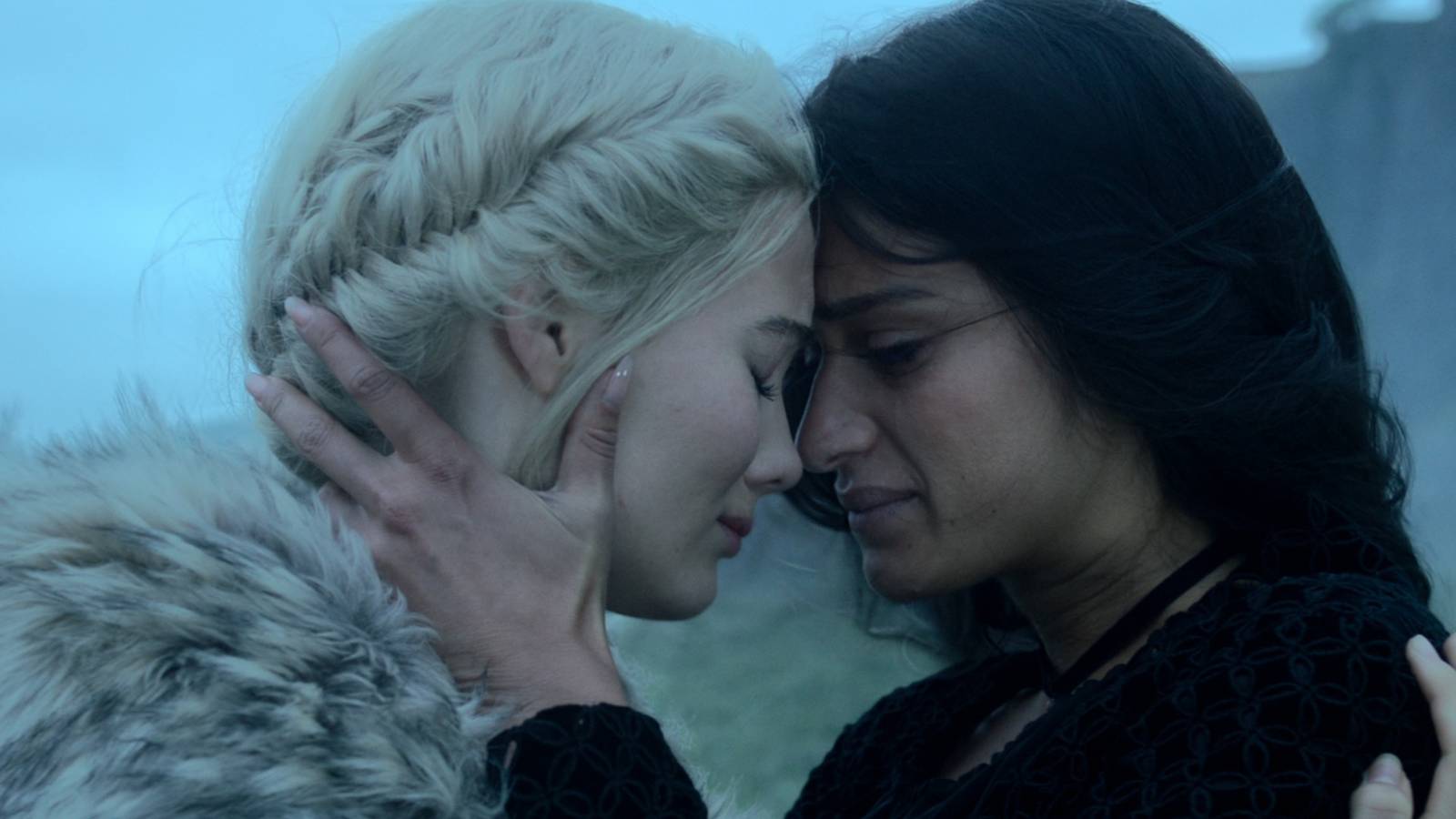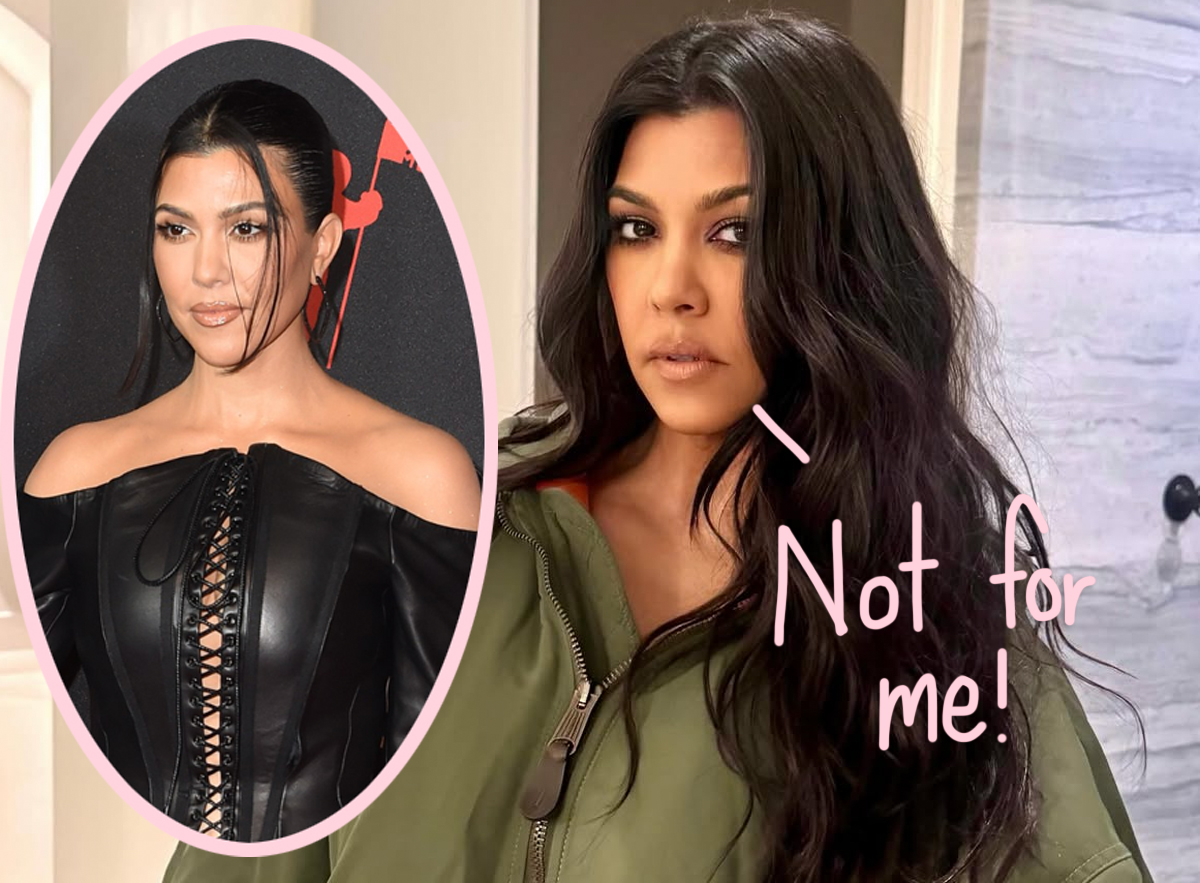The Legend of Zelda: Echoes of Wisdom made history as the first mainline entry to have Princess Zelda as the main protagonist. As one of the most beloved characters in the entire Zelda series, the princess was long overdue her own title, despite the franchise being named after her. Thankfully, Echoes of Wisdom finally gave Zelda a chance to shine in her own game, taking the princess on a grand adventure in Hyrule and giving her a range of exciting abilities that made for one of the most original and experimental titles in the series.
As with many other games in the Zelda series, Echoes of Wisdom introduced players to its very own version of the titular princess. While Zelda shares many common characteristics with her multiple iterations across the series, each installment provides a new portrayal that changes some aspects of the character, often to fit that game’s themes and narrative. While Echoes of Wisdom does a lot to portray its version of Zelda as a brave and determined hero, one specific change ends up limiting the character and the strong image the game wants to convey.
Zelda Doesn’t Speak In Echoes Of Wisdom
The Decision Is Confusing To Say The Least
In a break from tradition, Echoes of Wisdom makes the decision to remove Zelda’s voice in the game. Instead, Zelda is given the same treatment in the protagonist’s role as Link, with the princess being mute for the entire adventure, while her discussions with other characters come with no dialog box for the player to know what she’s saying. Rather, the NPC will likely reiterate what they have been told by Zelda in order to keep the player informed.
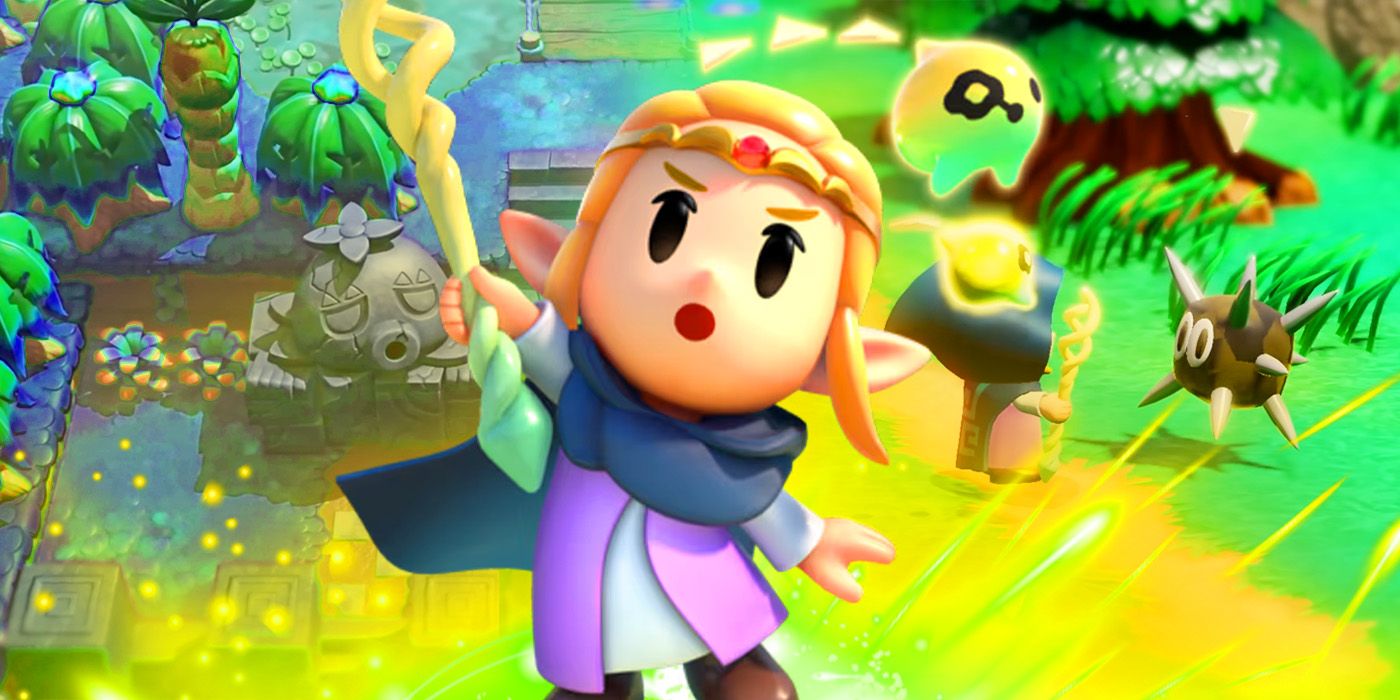
Related
The Legend of Zelda: Echoes of Wisdom Review – The Zelda I Was Waiting For
The Legend of Zelda: Echoes of Wisdom combines the freedom of recent titles with the structure of classic games, and it’s absolutely worth playing.
This decision is certainly confusing, especially when considering the differences between Link and Zelda’s roles. Link’s portrayal as a silent protagonist is purposeful, as the character often serves as a gateway for the player to become immersed in the land of Hyrule, allowing them to feel like they are the hero of the adventure. With this in mind, Link’s lack of a distinct voice becomes necessary to ensure that the illusion isn’t broken, keeping the player in their suspension of disbelief.
Princess Zelda, however, is a different story. While Link is more of a vessel for players, Zelda has become a fully-developed character in the series. Across several games, players have come to learn more about the princess and her personality through the interactions she has with the player and other characters. With Zelda’s voice being removed in Echoes of Wisdom, the princess is reverted into yet another silent protagonist, removing a lot of the developments made to the character across the series, making this decision all the more baffling.
Zelda Is More Than A Silent Protagonist
The Princess Often Plays A Huge Role In The Narrative
Zelda’s demotion to a silent protagonist is frustrating, when her voice has lent so much to developing the princess’s strong character and important status in the series. Through the many pieces of dialogue and character interactions seen across several games, players have been given insight into the strong, wise leader that Zelda is. It’s also through her voice that Zelda often becomes the driving force behind the narrative, playing a key role in saving the kingdom of Hyrule from despair.
There are multiple games that use dialogue and character interactions to achieve this. For example, The Wind Waker presents players with a confident, adventurous version of Zelda who commands a pirate ship as Tetra. Meanwhile, Breath of the Wild uses dialogue during memory flashbacks to illustrate the immense pressure and responsibility placed on Zelda to defeat Calamity Ganon, giving players a much better understanding of the high stakes that are at play.
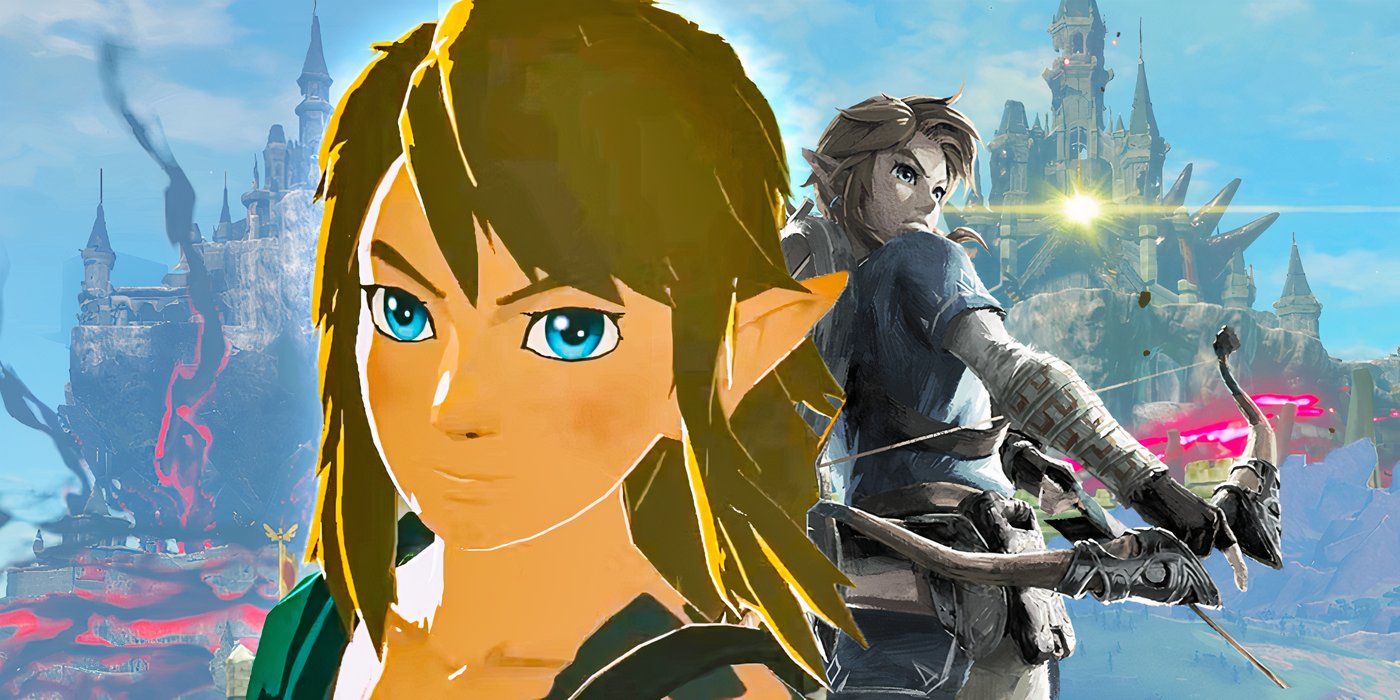
Related
One Year Later, How Zelda: Tears of the Kingdom’s Legacy Compares To BOTW’s
It’s been one year since the release of The Legend of Zelda: Tears of the Kingdom, which was critically praised. Why don’t we talk about it like BotW?
It’s moments like these that prove Zelda to be much more than just a silent protagonist. Instead, she is a fully-developed character with her own characteristics, aspirations and doubts that players can truly connect with, especially compared to Link’s blank slate. When Zelda’s voice is removed, a part of herself gets stripped away as a result, preventing the princess from being the strong, inspiring person that longtime fans know she is.
Zelda Should Have Had A Voice In Echoes of Wisdom
Zelda Loses Part Of Her Character Without Her Voice
That’s not to say Zelda lacks any of her defining attributes in Echoes of Wisdom. As the protagonist, players immediately get a sense of the princess’s bravery, determination and kindness through gameplay, proving her to be the perfect character to venture into the Still World and save Hyrule. Even then, Zelda’s silence throughout denies her the opportunity to showcase her leadership that made the princess such a powerful character in previous installments.
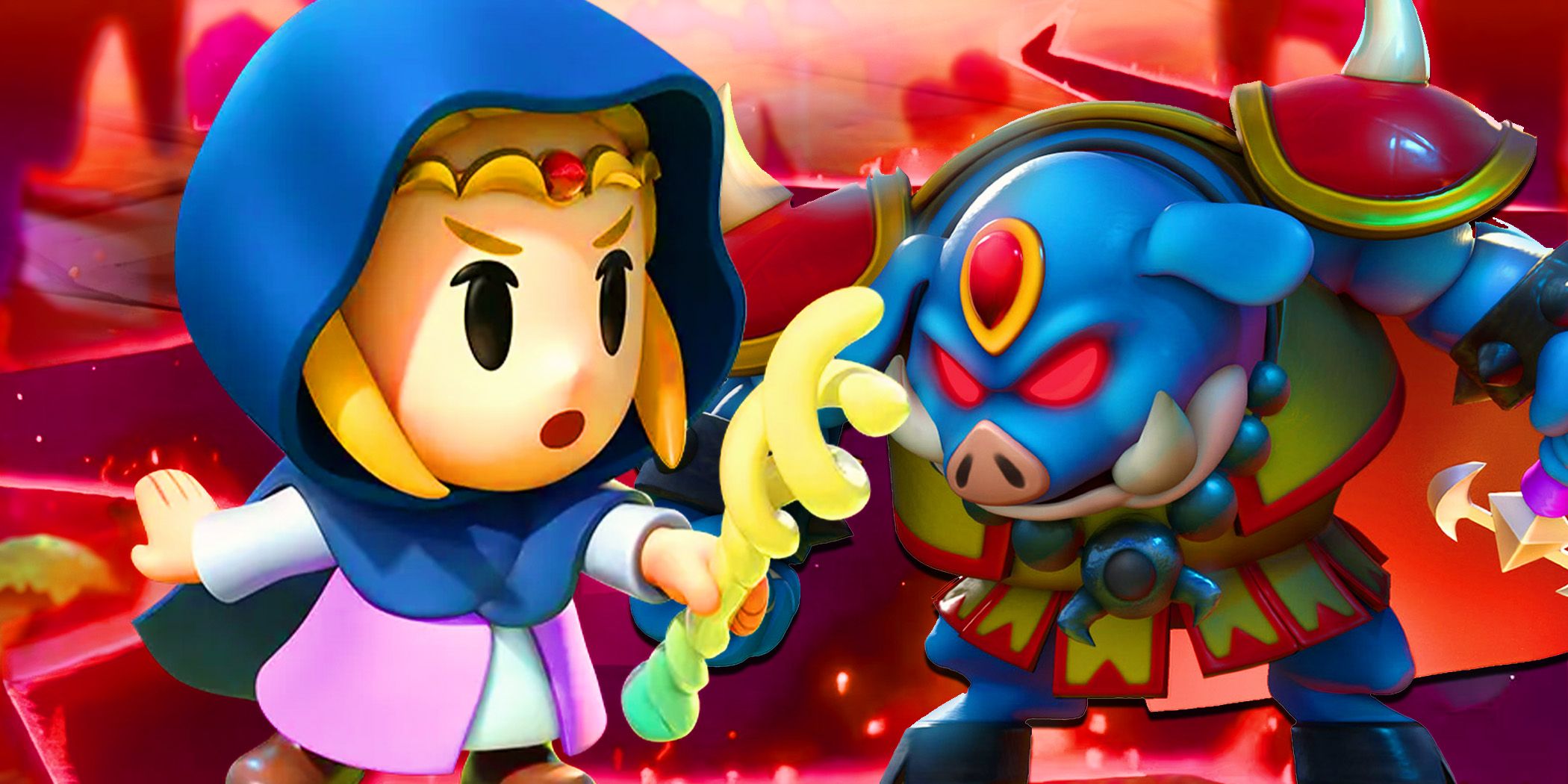
Related
After Letting Me Defeat Ganon With An Army Of Snakes, The Next Zelda Game’s Boss Fights Have A Very High Bar
The Legend of Zelda Echoes of Wisdom let me be very creative with my boss battles, setting a high bar for future installments of the series.
It’s because of this silence that Zelda is also unable to have as much influence over Echoes of Wisdom‘s narrative as she deserves. Zelda’s lack of dialogue means that the princess is often directed to her next objective by other characters, including Tri and King Rhoam, denying the character the sense of agency that she had demonstrated previously. The constant guidance Zelda is given can often feel frustrating, especially for longtime fans who are aware of what the princess is capable of, further proving how the character would have benefited from having her voice during the adventure.
Echoes of Wisdom represents a huge step in giving Princess Zelda the recognition she truly deserves. However, the decision to remove Zelda’s voice was an unnecessary compromise that limited the princess’s potential to truly shine in her first game. This misstep in The Legend of Zelda: Echoes of Wisdom is proof that, regardless of Zelda’s role in future entries, she deserves to have her own voice to allow the princess to be the strong, courageous and inspiring leader that she has been for so many years.

